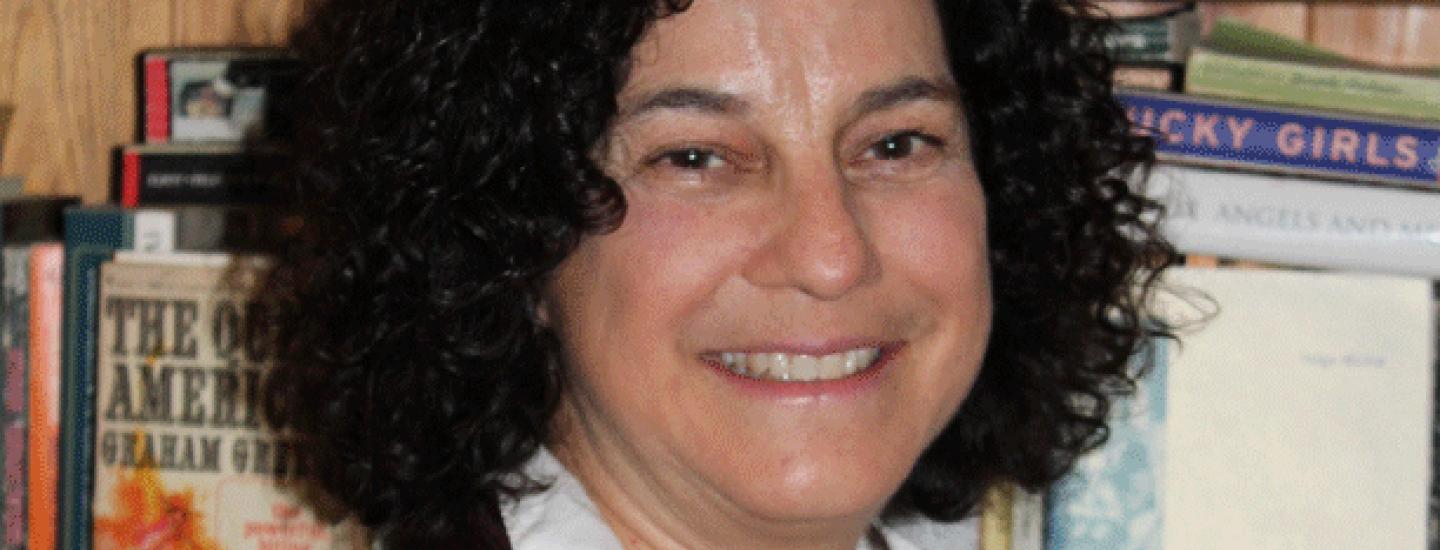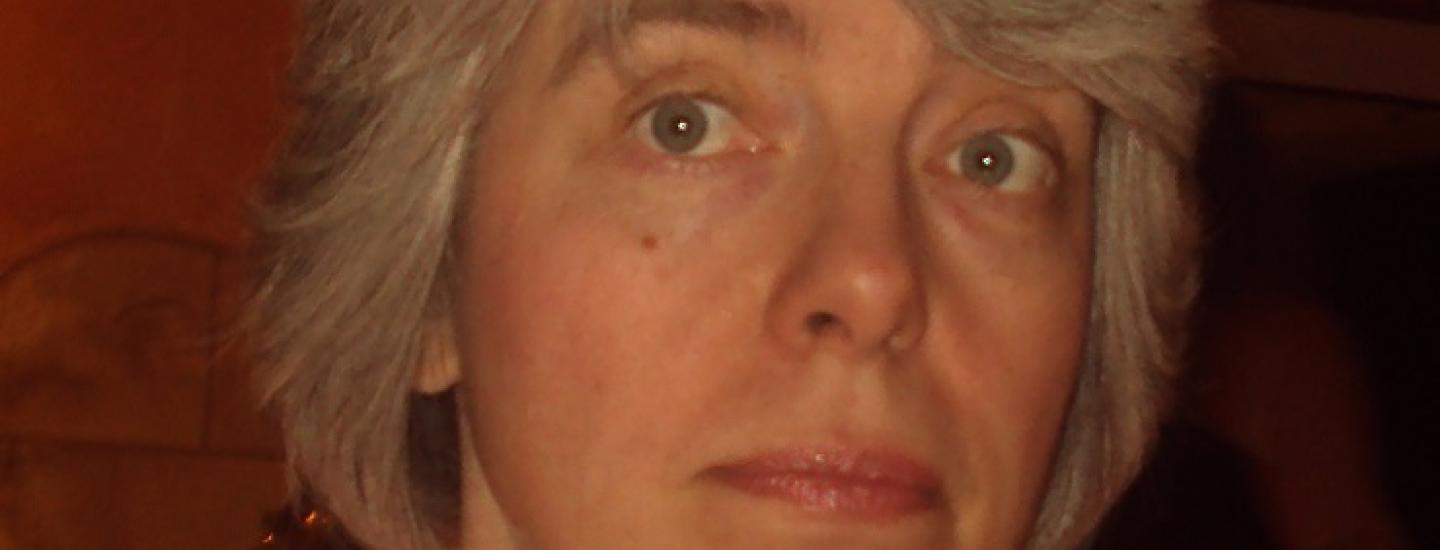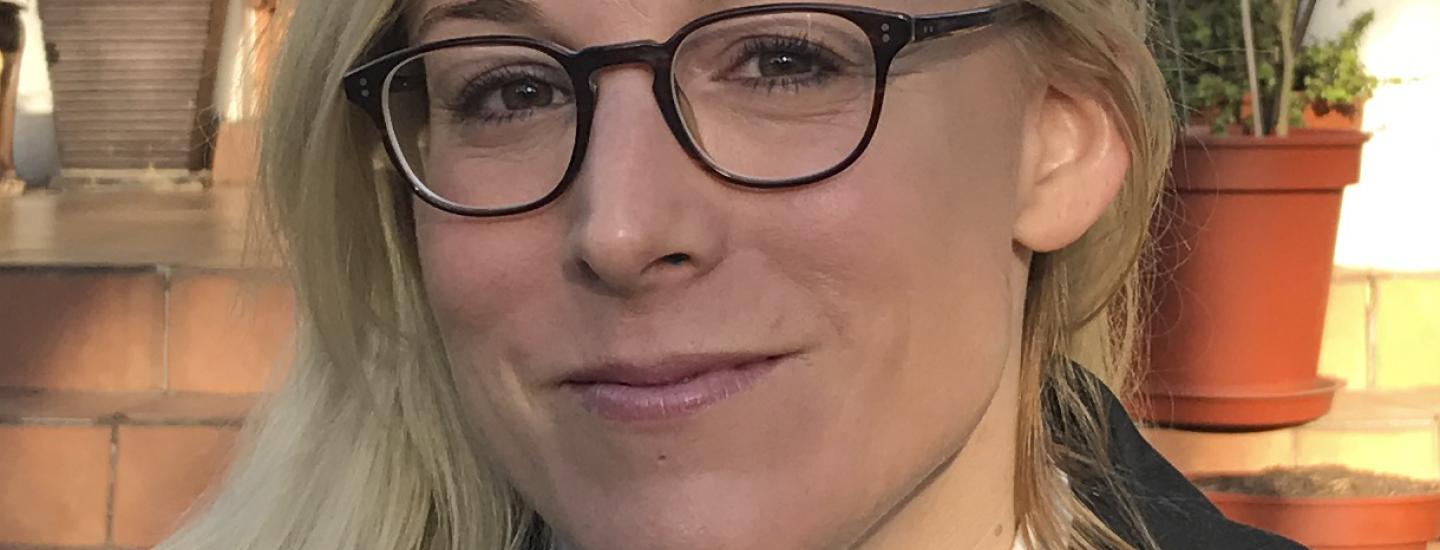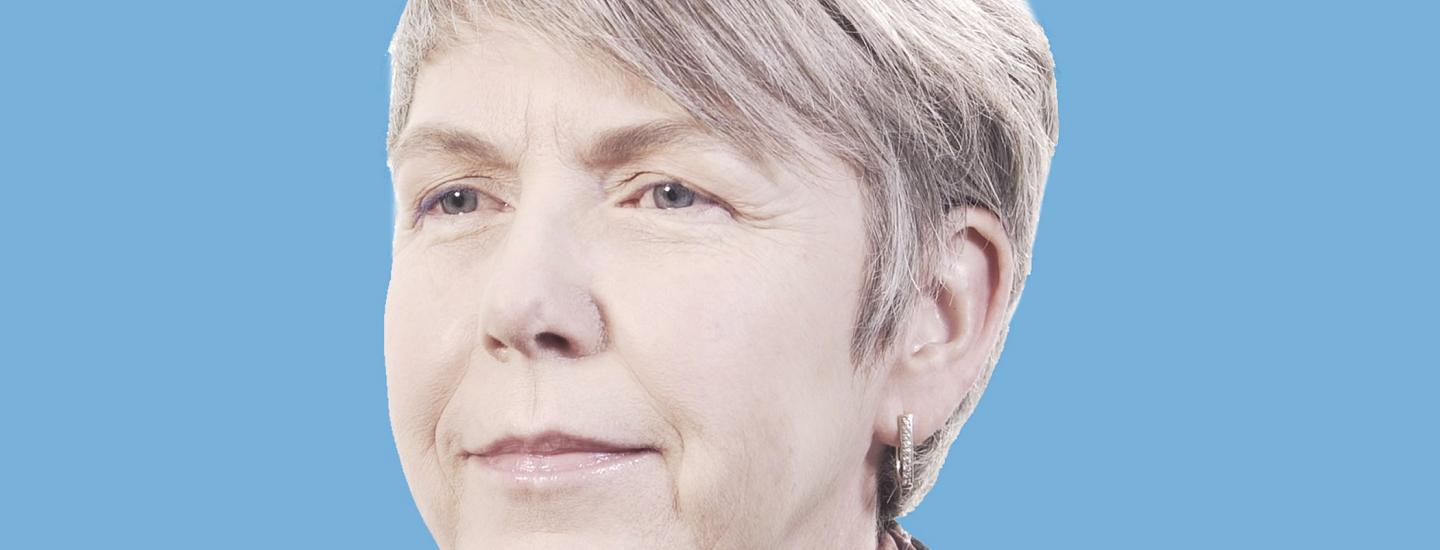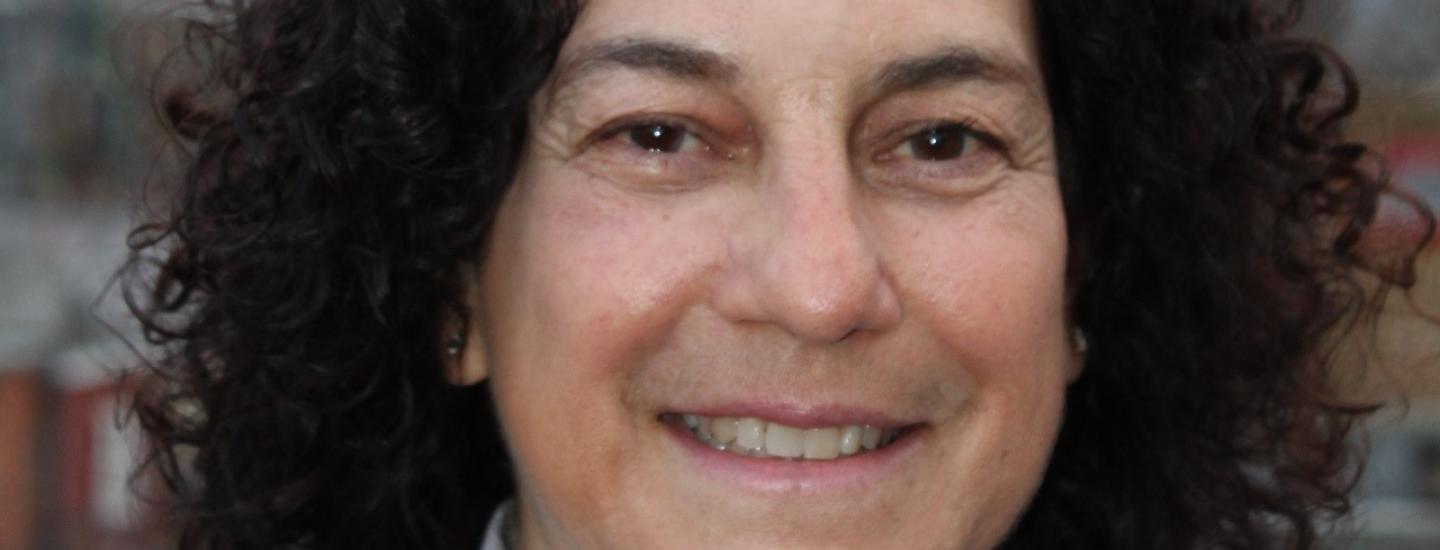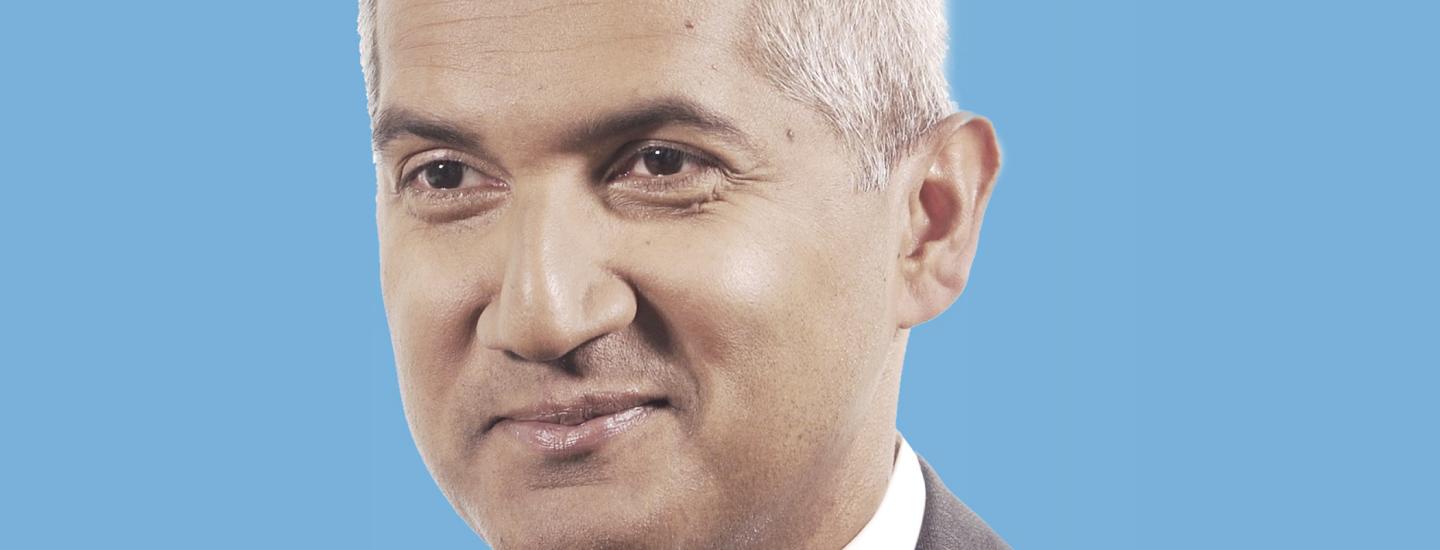
Businesses and non-profit organizations alike need employees with BPM skills in order to survive the digital revolution… An organization that learns together, succeeds together.
The times they are a changin’
Today, organizations are changing from a physical model supported by information systems, to an electronic or digital model supported by physical assets. For example, there are now many mattress companies who market and sell entirely online. Their only physical assets are a manufacturing plant with a warehouse attached. The product is ordered and paid for online, and shipped direct to the customer with a money-back guarantee.
Another great example is Walmart. Their goal is to become an Omnichannel for retail customers, meaning that a customer can order online, have a product delivered, pick it up outside the store, or make a purchase in the store. Their VP of Supply Chain, Chris Glover, says this goal is putting their supply chain under enormous pressure to be more accurate and precise. “You cannot deliver blueberry jelly when the customer ordered strawberry jelly” he explains. “In previous years, we had a stockroom full of product, so you could ensure the customer could get what they needed. Now, the stockroom is empty and everything is on the truck. Our previous way of doing inventory only had to be accurate financially, now it must be accurate by-product too.”1
Sink or swim
This shift from a physical model to a digital model is a massive change with far-reaching implications, and Business Process Management (BPM) empowers organizations to thrive in this new environment. Employees will need BPM skills to create, maintain, and sustain their organizations. In fact, a recent PMI Pulse of Profession survey2 found that the top ways for organizations to manage digital disruption is to train their employees in how to:
1. Make data-based decisions
2. Foster collaborative leadership
3. Embrace culture change
This need for employees to have new BPM skills was emphasized by Connie Moore at Forrester Research, who states “there are not nearly enough trained process professionals to meet the growing demand. This means businesses and government agencies must step up to the internal challenge of adequately training a large number of knowledgeable BPM practitioners. This should be part of an enterprise-wide business process transformation program supported by top executives.”3 In a nutshell, businesses and non-profit organizations alike need employees with BPM skills in order to survive the digital revolution.
The power of BPM
In a very real sense, business processes ARE the organization, which is why investing in the BPM skills of your employees is so critical. Business processes encompass systems, information, and assets that orchestrate the work of suppliers and partners while serving customers. Using important metrics, the processes must be managed by people who are fearless in leading change wherever and whenever necessary to stay competitive. BPM is really about managing the organization, not just improving processes.
Leading change
BPM has within its scope not only information and physical flows, but also the relationship between the people involved all along its length, from the supplier, to the customer using the product or service. Here lies a key difference between BPM and just about any other approach to management: BPM factors in the human element in a way that Intelligent Automation, or Robot Process Automation, simply cannot.
This massive shift toward digital transformation is as much about culture as it is about technology, and change needs to come from the top down. Without changing how we manage, we cannot manage the new processes that we will create in a digital model. It’s a waste of money to train people to do things in new ways if their manager is still stuck using old methodologies. In contrast, when the whole organization embraces BPM, and learns its lessons together, there are few, if any, better investments. An organization that learns together, succeeds together.
Interested in learning what the School of Continuing Studies can do to help your organization succeed? Learn more about our Corporate and Organizational Training programming.
Tom Barker teaches BPM in our Corporate Training program. He is a consultant, facilitator, and passionate educator, leading his own consulting organization, Tom Barker Associates. Tom assists clients such as Canadian Tire, AstraZeneca, and Mattamy Homes to improve project and process performance through leadership and change management. Committed to helping adult learners succeed, Tom’s other teaching at SCS focuses on business process management, business analysis, and project management.
Sources:
1 https://www.processexcellencenetwork.com/events-opexweeksummer/downloads/an-interview-with-chris-glover-from-walmart
2 https://www.pmi.org/learning/thought-leadership/pulse
3 https://www.abpmp.org




